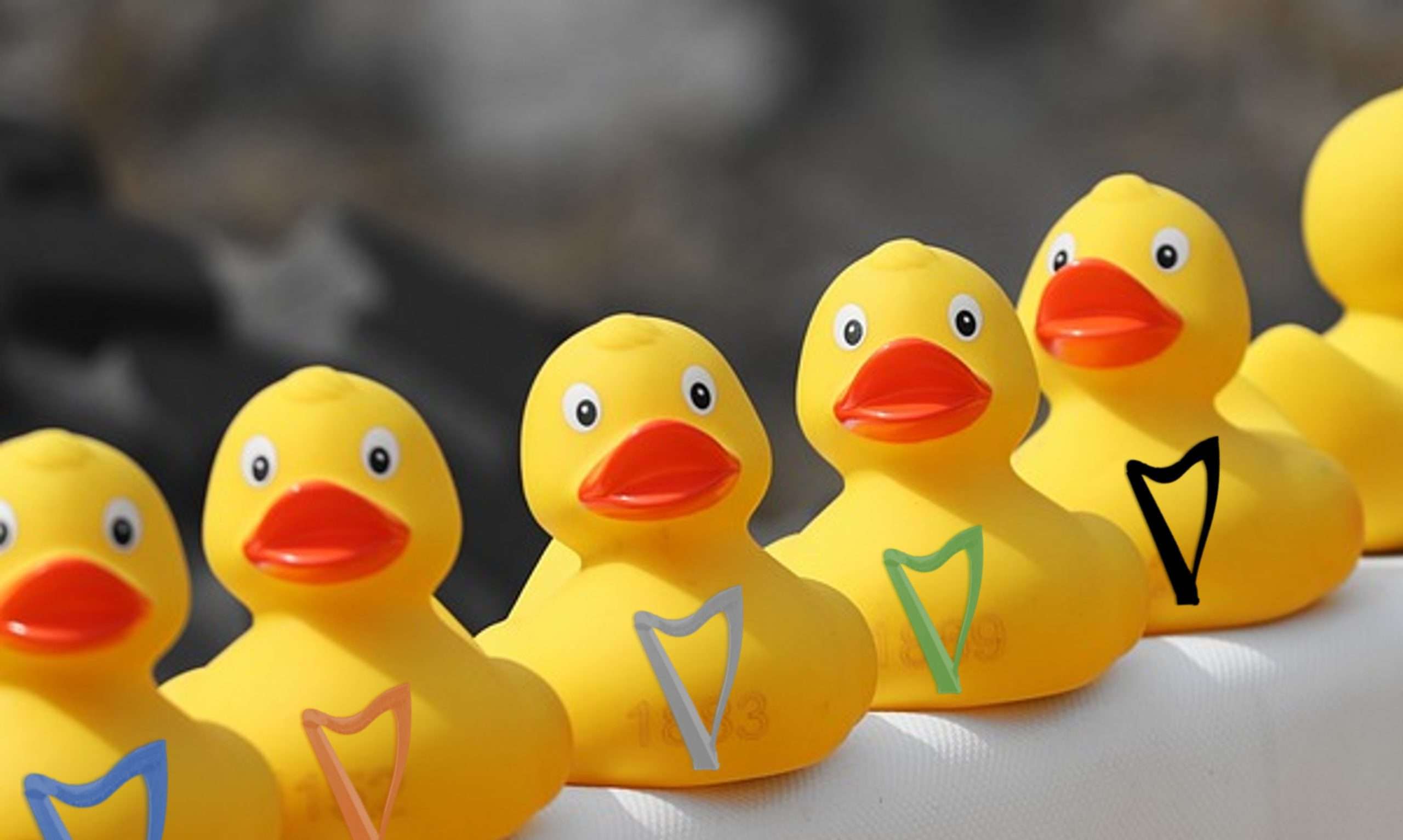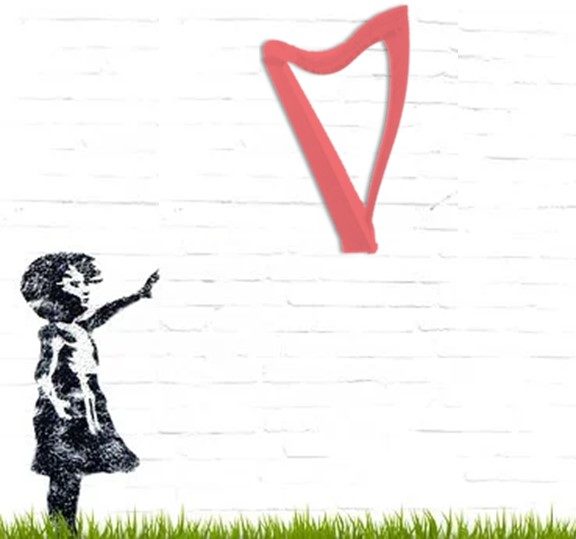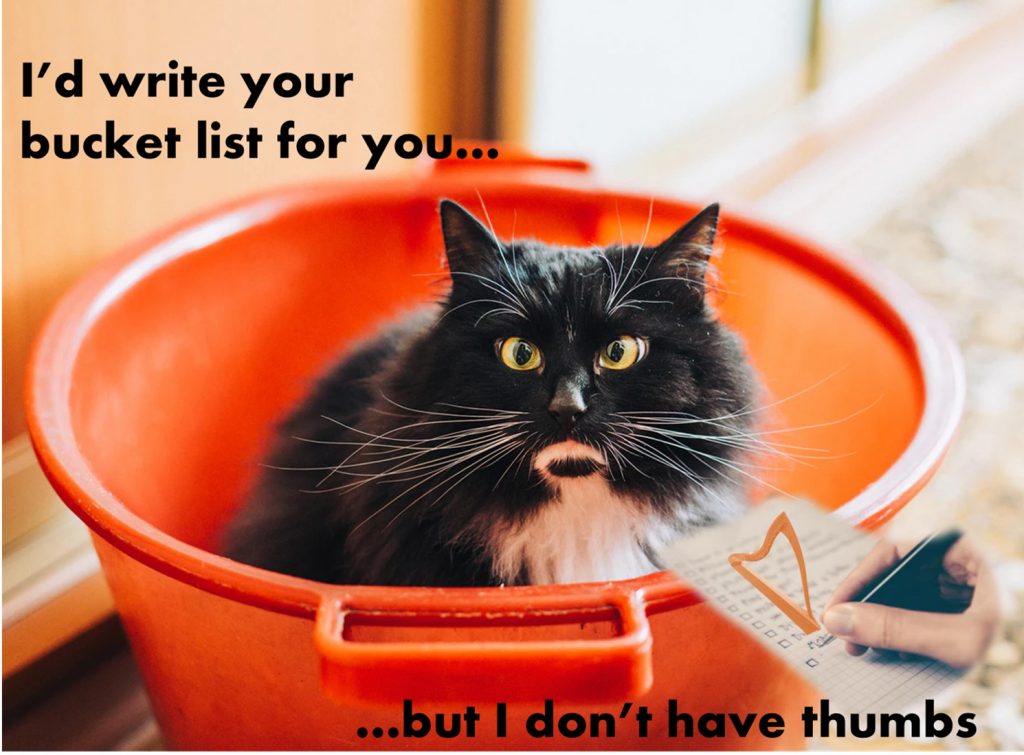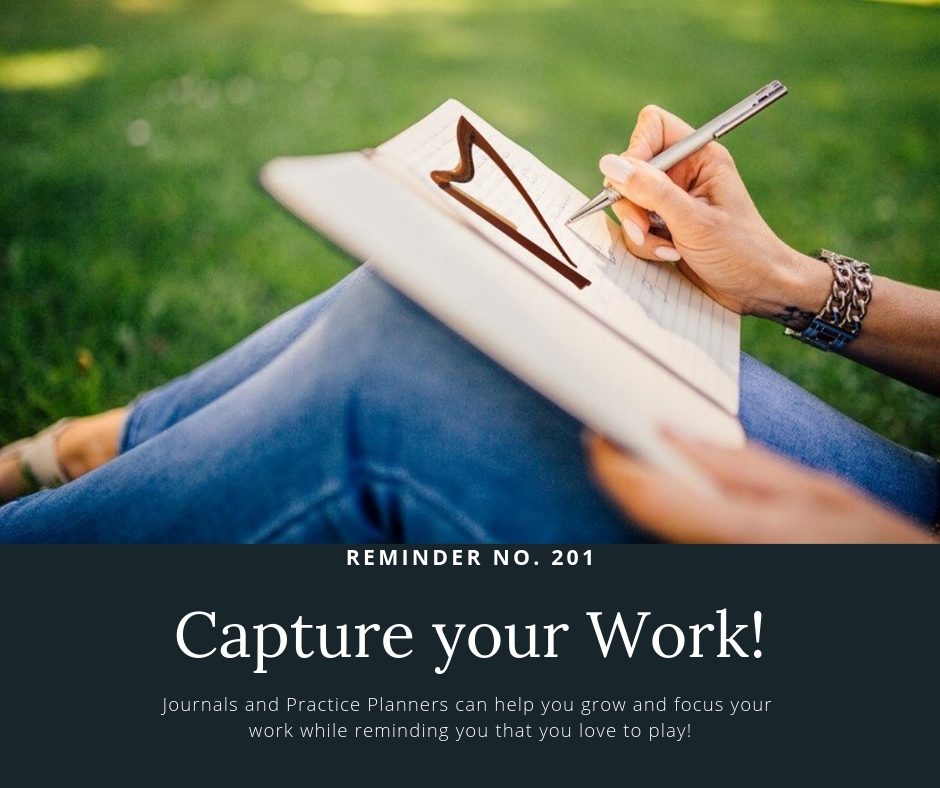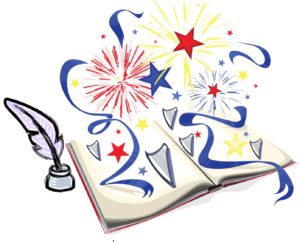It’s the beginning of another year that we get to play the harp! YAY!
This is that time when subtle (and not so subtle) forces attempt to push us around with talk of resolutions, goals, words, and more to define our upcoming year. In fact, in the past I have shared ways to set goals, define resolutions, and denote focus for the upcoming year. I’m not so sure how helpful or important any of those have been.
Why? Mostly because they start by implying (or stating) that you’re not complete or sufficient as you are. The implication is that you aren’t good enough and require a structured, stoic, grinding path to get there.
Bah!

Because we are, each of us, good enough. Are we perfect? No. Are we fully defined? Not yet. Do we have work to do? Of course! But that’s because one of the reasons we play is that we are actively seeking to grow!
So, what should we do then? If goals, words-of-the-year, and resolutions are flawed approaches to our growth, what we really need is to find the small, consistent steps that will help move us toward where we would like to be.
That does mean that we need to have some idea of where we would like to be – where we’re going. That is, we need to name what we intend to do with the time we spend making music.
Then we need to have at least an inkling that we need a path. What that path might look like can be fuzzy – and it will likely change. Where we would like to be can be outwardly grand or simply important to oneself. The size of that intention is not so important as having some sort of waypoint so we can check that we’re moving forward.
The first step then will be to look back, even before we put a name on what we might intend to do with our time. What are looking back at? How about:
- What are we happy with from the past year?
- What successes can we count?
- What was hard?
- What was discouraging?
- What felt harder than we expected?
- What just flowed out our fingers, over the strings, and directly to the hearts of our listeners?
We have a long stretch of time with which to work (got a year? Yup!). So be gentle and thoughtful. There’s no rush. Take your time. Find moments of silence to reflect. Think about not just what but why, when, how, and who (nothing happens in a vacuum).
Knowing our historical elements can help us formulate projections that align with our interests. Then we can define the small consistent steps we need to take to get there.
That was a lot of words to say, “when you know where you’ve been you can see clearly how to get where you want to go”. So here in the first week of the new year, spend a little time reflecting on your musical past and pull the threads to help define who you are and who you want to become or what direction you’d like to explore. Make some notes and don’t be too quick to seize the first thoughts that come to mind. And don’t worry about evaluating your thinking – just capture your ideas – you have time. Welcome in – here we go!
You know I love to hear from you…

